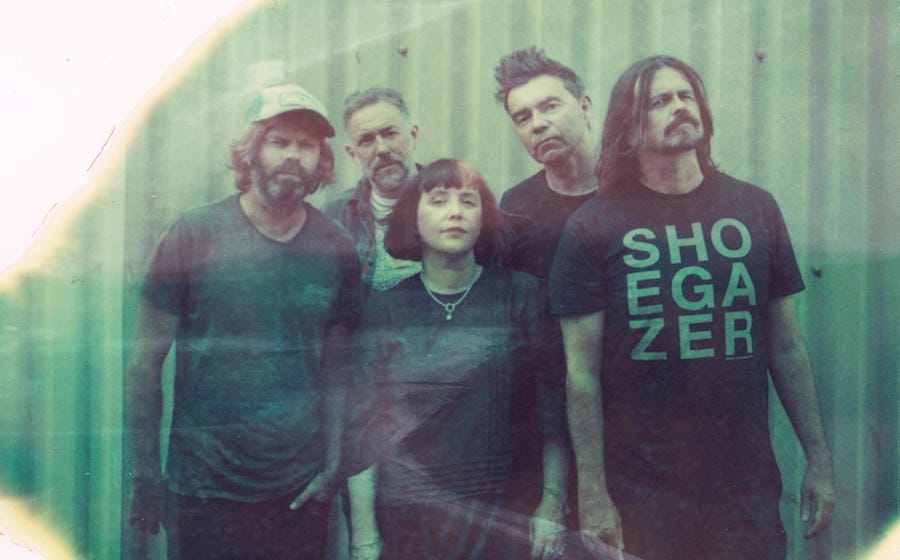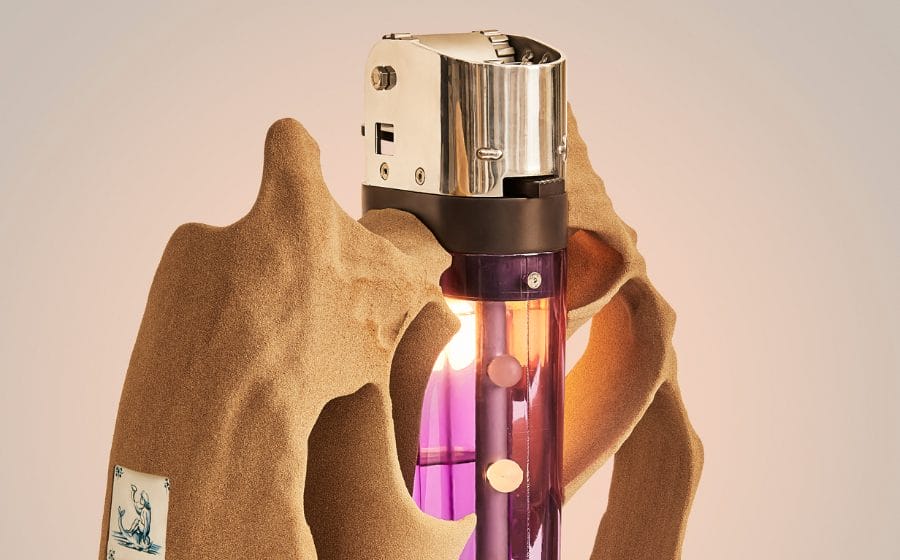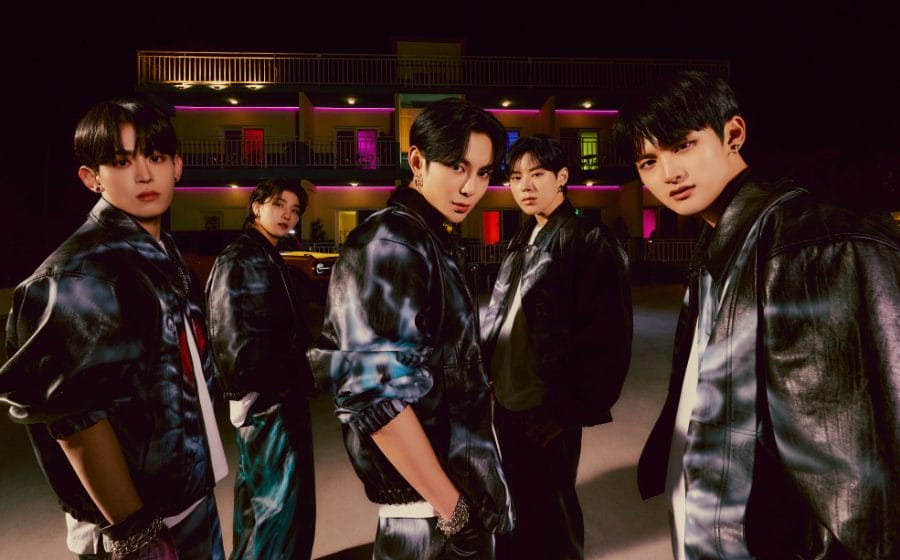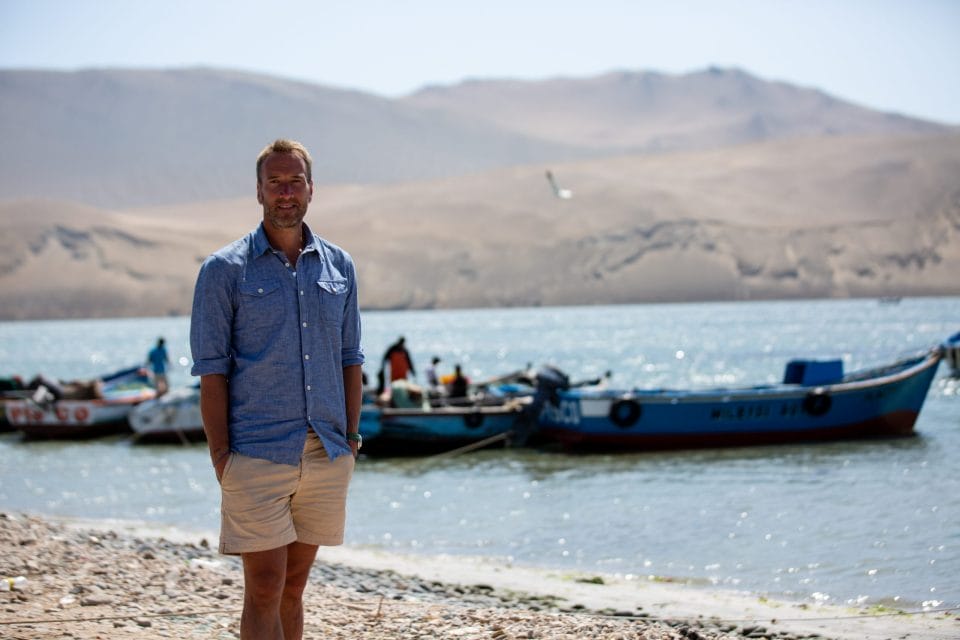
Where the Wild Men Are is literally, well, wild. Ben Fogle, an adventurer meets intrepid traveller meets this-man-has-some-serious-gumption travels the world to meet people who have decided that konmari-ing is too vanilla for them. They have in fact, decided to pack up only the essentials and go.
While it makes for some entertaining insights into the human spirit and how far you can push what constitutes a “comfy” living, we have the man here himself to take us through the entirety of season seven.
Pictured Above: Episode 1 — Peru
This was on the coast of Atacama Desert, south of Lima and it was a couple who had left Great Britain. He had been in the army and they had decided to set up a kite-surfing business where they teach people to kite-surf. That was for a series that we have done which was focused on not just people who had gone to live in the wild, but people who had started new businesses out there. I’ve always loved Peru.
I’ve been there many, many times over the years but that was my first time on the coast. I learnt to kite-surf and fish over the course of the week.
—
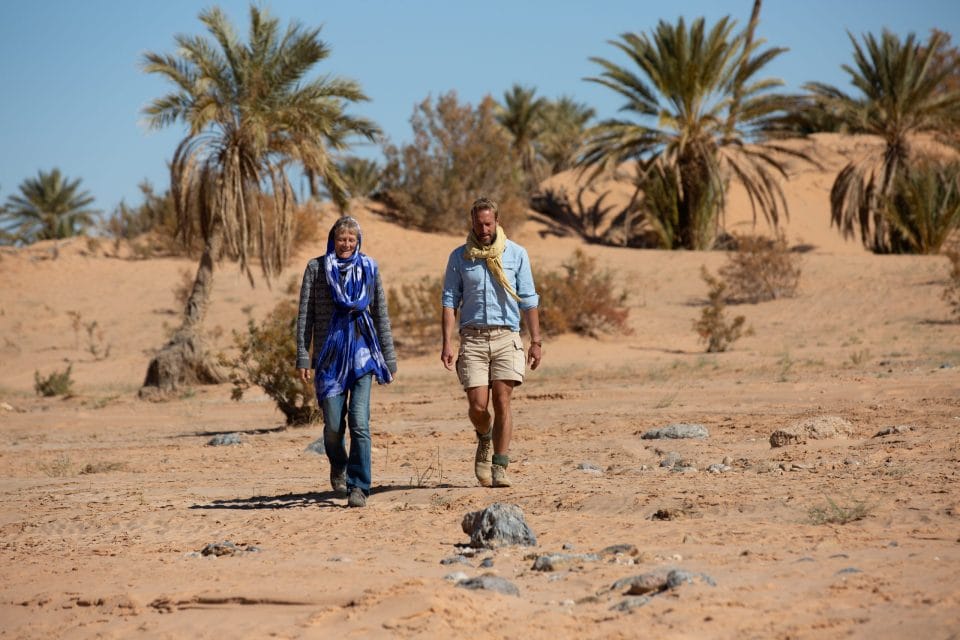
Episode 2 — Morocco: The lady in the picture was called Karen Hadfield and it was in the South of Morocco near a place called Ouarzazate. Karen was British and she had gone to set up an artist retreat in the Sahara Desert.
It’s very cold during the night, it can go down to 23 [degrees Fahrenheit] and it gets into plus 110 during the day so it’s extremely hot and extremely cold.
—
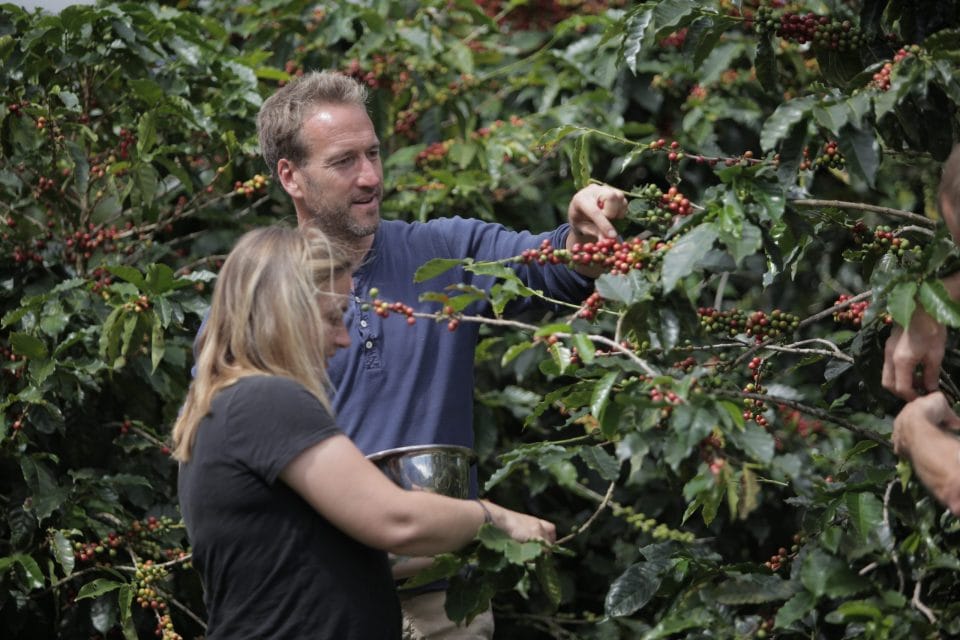
Episode 3 — Panama: That would again be the same series where we were looking at people’s businesses. We were in the highlands of Panama in a place called Boquete. I was spending time with an American family who had moved from the United States to Panama to set up a coffee plantation. So, the berries were coffee beans.
I spent 10 days or so with the family where we were picking the coffee beans, harvesting them, drying them, roasting them and turning them into coffee. The unique thing about the coffee farm was that they were selling coffee trees as individuals, so you can choose your coffee trees online. They had set up a series of cameras so that you could actually watch your coffee grow.
This was a family who had been tired of life, he had been a fireman in the United States. He suffered a bad back injury and their son had been bullied at school.
They had decided that they would change their whole life and start a new one in the mountains of Panama — a very, very beautiful part of Central America.
—
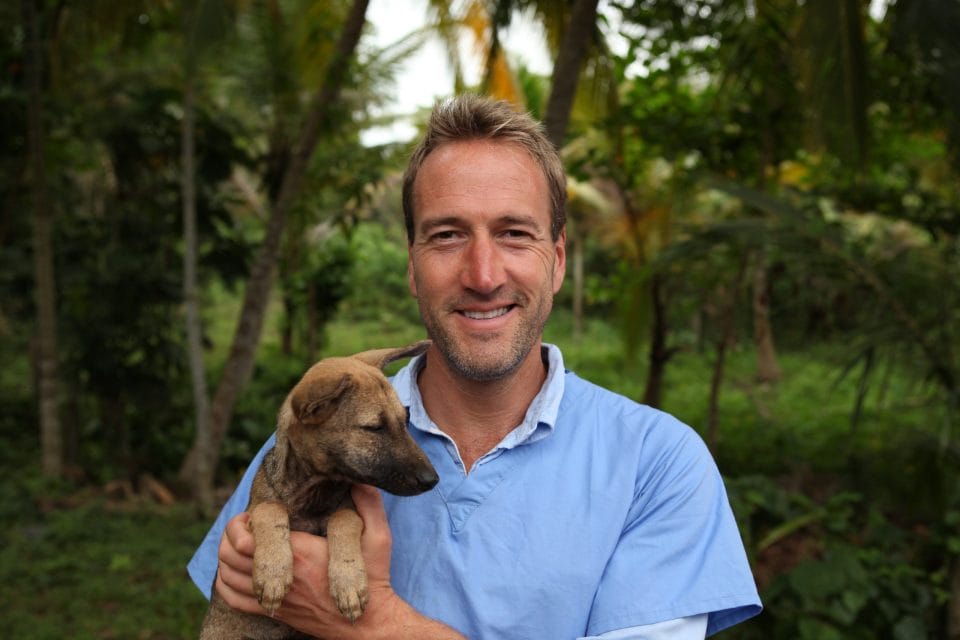
Episode 4 — Sri Lanka: This was with an extraordinary girl called Janey Lowes. Janey was a 25-year old veterinary surgeon from the United Kingdom. She trained up at the North of England to become a vet. Shortly after qualifying, she was backpacking in Sri Lanka when she noticed how many street dogs there are — there’s an estimated three million street dogs in Sri Lanka. She decided to dedicate her life to setting up a charitable veterinary clinic which is what she’s done so the dogs have been rescued from the streets.
What she does, which some may find controversial, is that she finds the dogs, treats them and releases them back on the streets. What she had realised was that a lot of nations actually rely on the street dogs.
Street dogs actually have a role to play – keeping vermin down, getting rid of rubbish. They belong on the street so there’s a lot of people that love dogs who find that it’s a hard thing to grasp. Obviously, there’s no vet to look after them and there’s a lot of injuries, road traffic accidents. So, she has a little remote rural remote veterinary clinic where she takes volunteers from all around the world.
I spent 10 days with her out in Sri Lanka on the South Coast helping her do surgeries and operations on the street dogs.
—
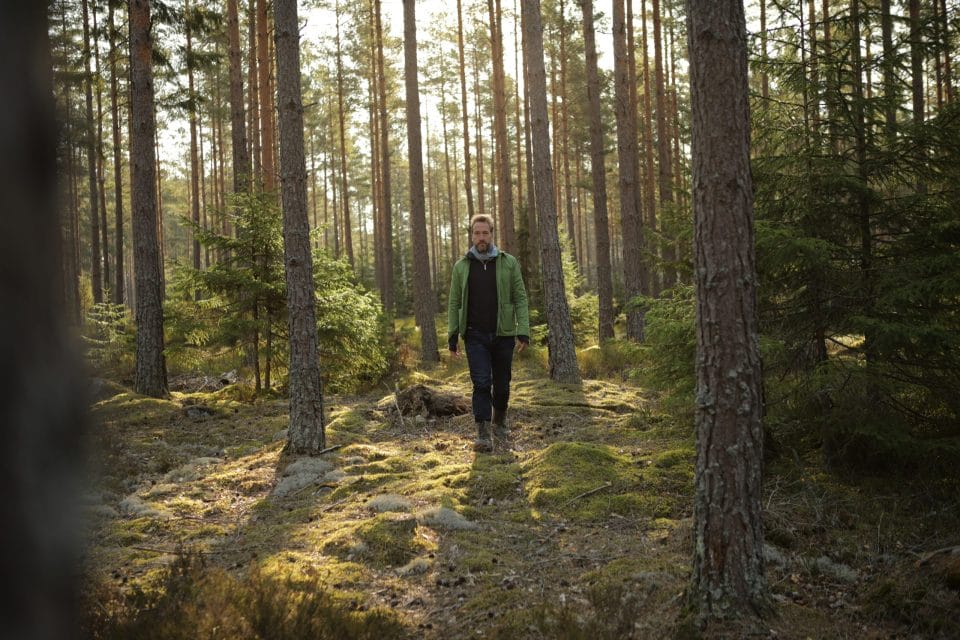
Episode 5 — Sweden: This was in the South of Sweden which wasn’t as cold as it can get. It was actually spring time but it was still pretty cold. It’d go down to -2 [degrees Celcius] at night and this was visiting an Italian woman called Annalisa and her young son who was just 18 months who had moved from Italy to the forests of Sweden where they lived alone mother and son – chopping woods, living off grids, no running water, no electricity.
—
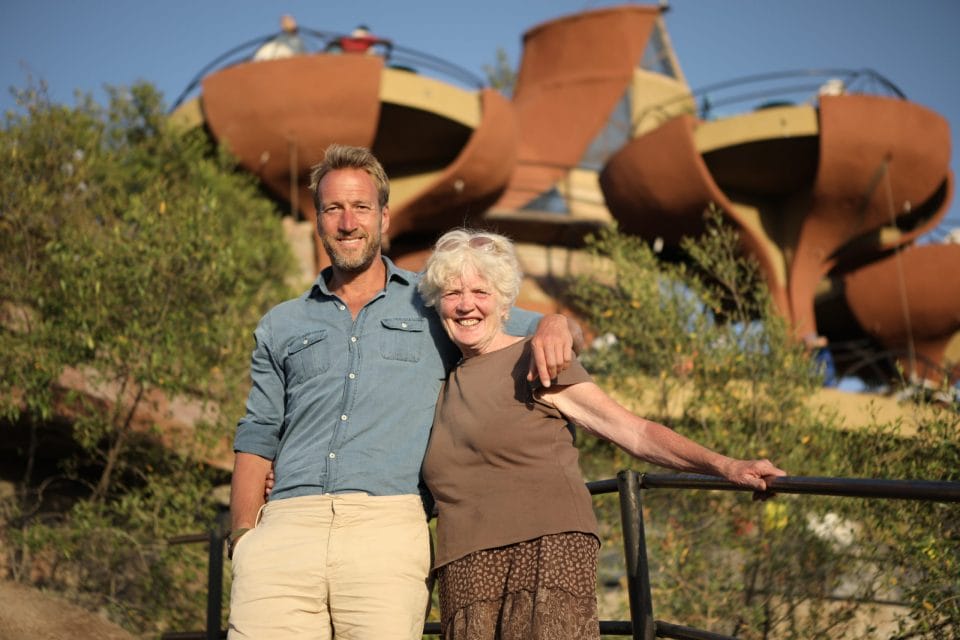
Episode 6 — Ethiopia: I love Ethiopia, I’ve been there many times. It is actually one of my favourite countries in the world and this was in a place called Lalibela, known to have a famous church cut into the rock – it’s quite a popular tourist place. It’s a place of pilgrimage and religious people make a detour to get there.
I was visiting a Scottish woman called Susan who had opened a restaurant high in the mountains. It was an extraordinary restaurant and it kind of looked like a crashed spaceship, it was really an extraordinary place. She combines Scottish cooking with Ethiopian cooking, both of it is quite unique.
It’s in a really beautiful part of the mountains of Ethiopia.
—
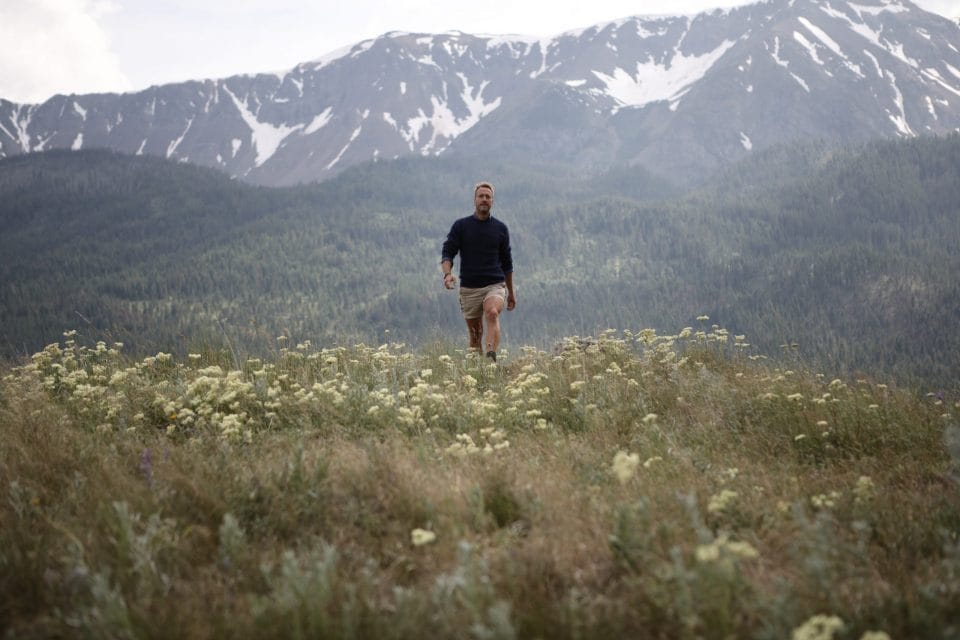
Episode 7 — Panama: This was when I went to visit an island down in Bocas. It was visiting an American inventor called Jamie, and Jamie had made his own submarines. He bought a couple of islands down there for him and his family where they each have their own island. It was unusual choice of living arrangement.
I actually didn’t get to meet many locals there.
The family I was staying with, very much kept to themselves. I never quite know how engaged people are with the local community and they were a family who didn’t really engage with the locals which I think was a bit disappointing but that’s the beauty of the series – you never really know quite what people’s relationship is going to be with those around them.
—

Episode 8 — Oregon: This was with a man called Dan who lived in a hobbit hole in the ground. It was a little hole and the door was just two feet high. To get into his house you have to crawl on your stomach. Dan lived what I would describe as a very, very simple life.
He had just 100 items in total and had weaved himself off materialism entirely. He had very, very few items and was up in the mountains of Oregon in a rural, remote area. I’d say the door was the most unique part of that.
Every time we went in the house you’d have to get on your hands and knees and crawl in. And then of course once you’re in the room, you have to bend your head down to avoid hitting the ceiling.
—
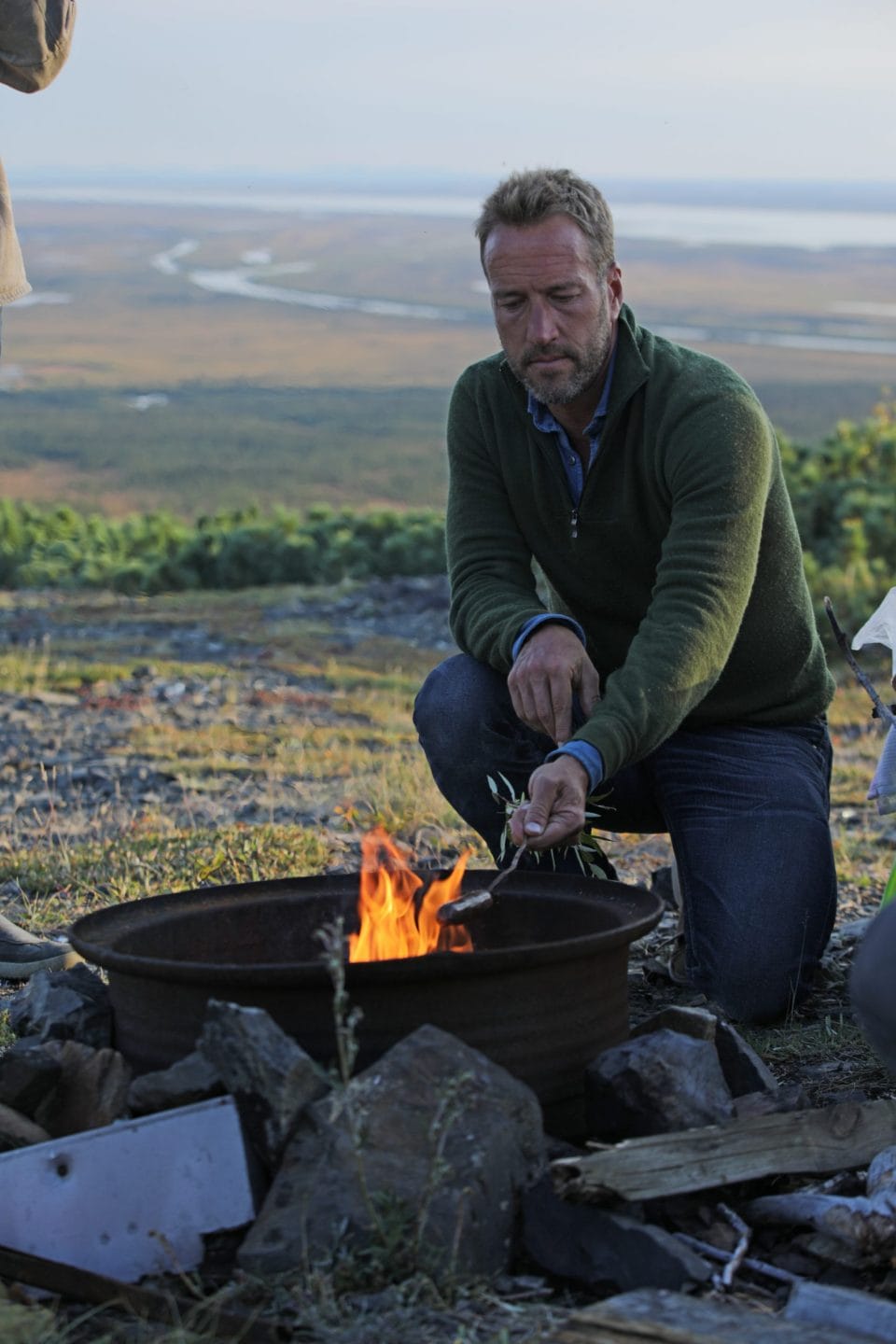
Episode 9 — Siberia: Well, we weren’t there in the winter. Obviously, Siberia is very cold in the winter and is very hot in the summer. We were there in the middle of summer and the bigger problem was the mosquitos.
We had to protect ourselves from the mosquitos rather than the cold. It was in the far, far east of Siberia quite close to the Bering Sea in one of the remotest places that I’ve ever been and that was living with scientists who were trying to bring back the woolly mammoths.
They had built a special park and they were trying to put the DNA into Asian elephants so that they can bring back the woolly mammoths, down all of the vegetation that is threatening to melt the permafrost which would lead to a global catastrophe.
It was an extraordinary story out there but Siberia could be a harsh environment.
—
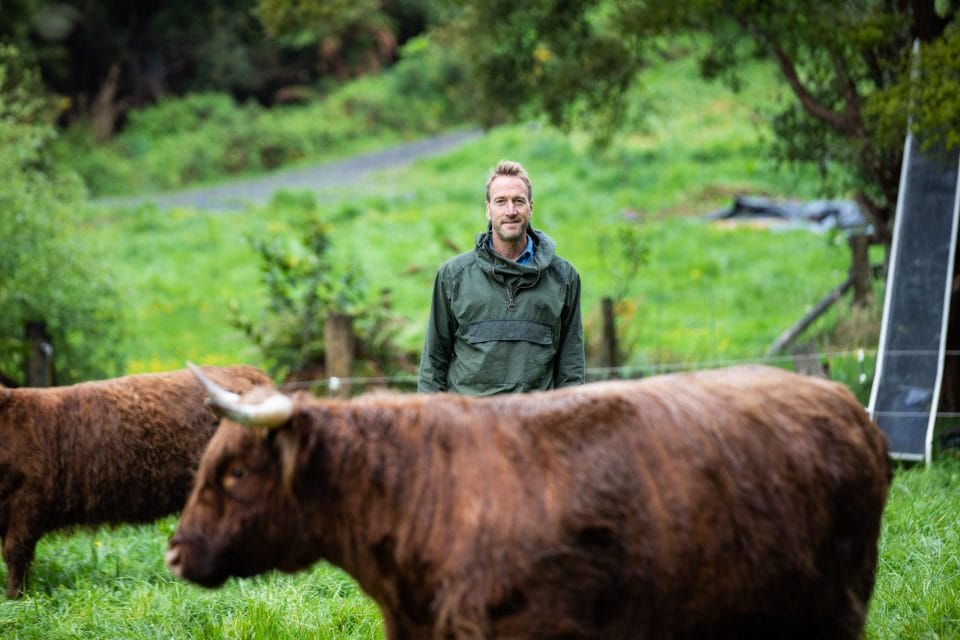
Episode 10 — New Zealand: It wasn’t actually the remotest part of New Zealand, I’ve been to further away places, but they lived about an hour south of Auckland. They were a British family who had moved there to try be more sympathetic to the environment.
Those were cows, I think they were highland cows actually. I did not milk them.
They belonged to the neighbour, I don’t think they belonged to them. There were no wildlife encounters in New Zealand but plenty of beautiful walks.
—
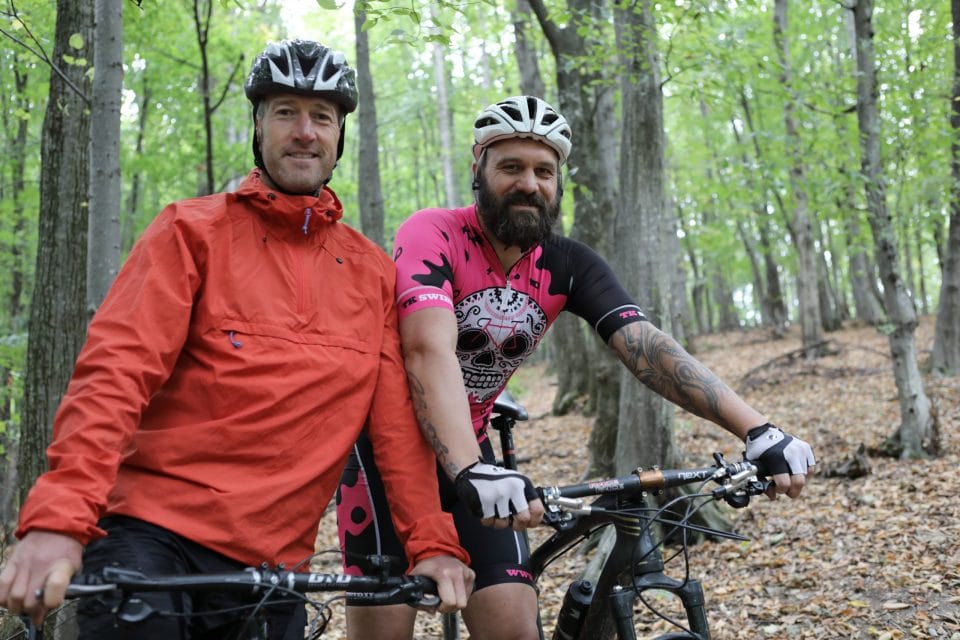
He had taken me out for a cycle and it was a very inspiring story of one man’s battle with himself.
—
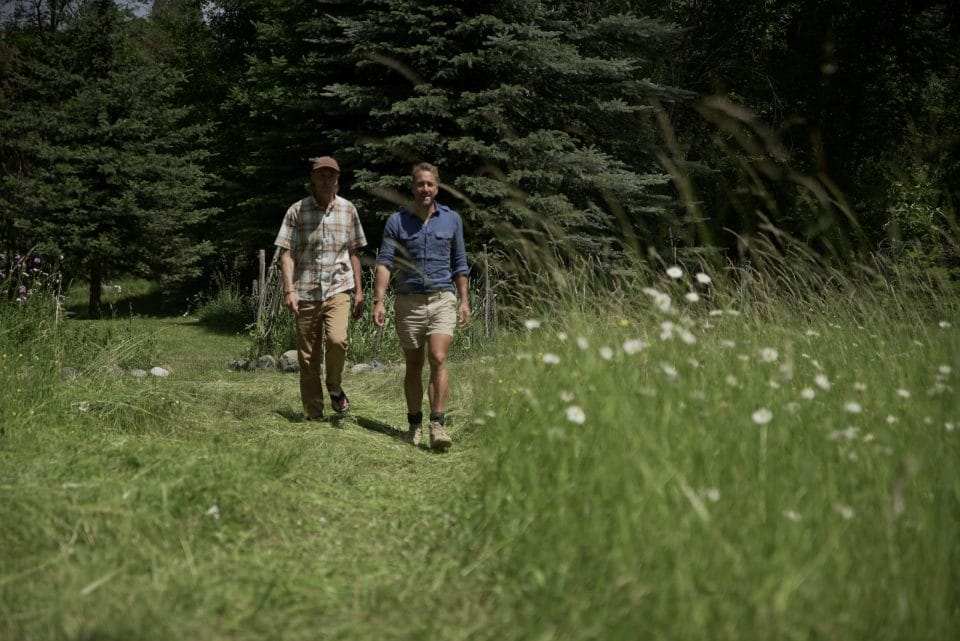
Episode 12 — Oregon: This was also with Dan who lives his very simple life where he lives with less than 100 items and he lives in a little hole in the ground. It was the same time as that picture that we talked about before.
Season Seven of Where the Wild Men Are premieres today at 9.55pm on BBC Earth (Starhub Channel 407) or on BBC Player.

